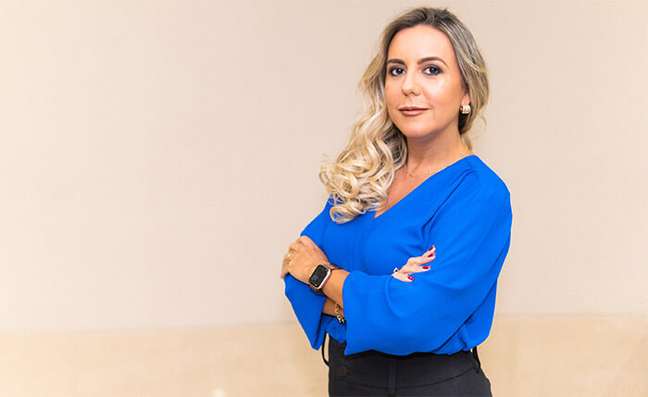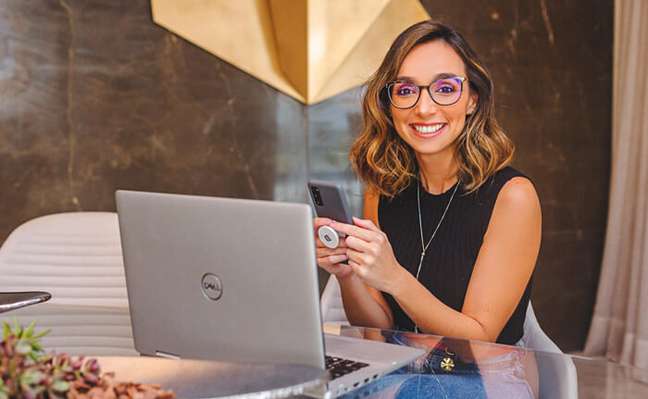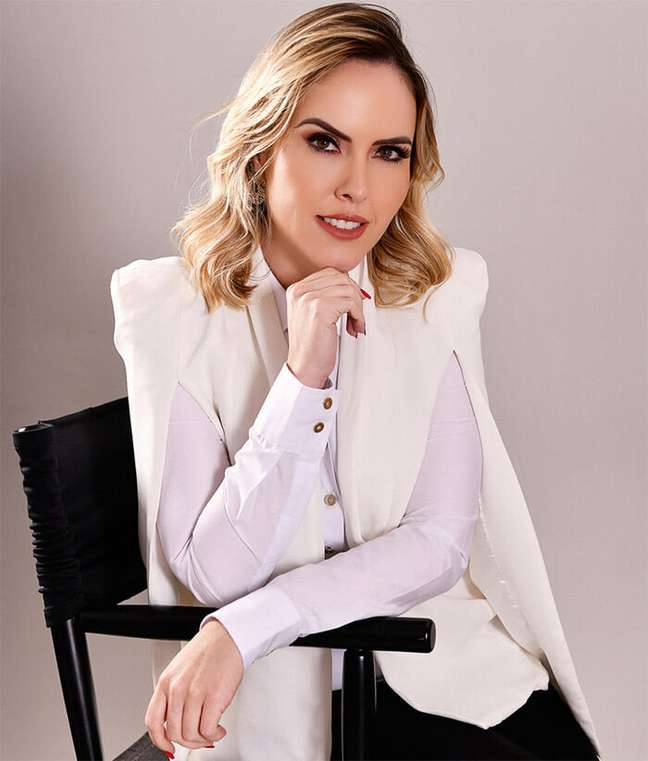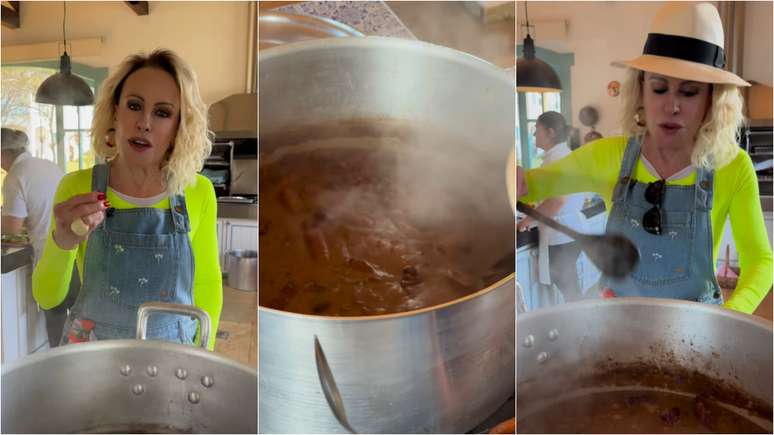Informality and the absence of digital media are still challenges, according to the research
Brazil occupies 7th place in the world ranking of female entrepreneurship, according to data from the Global Entrepreneurship Monitor, with 30 million women running their own businesses in our country. Among the main motivations to undertake, according to a recent study by Rede Mulher Empreendedora, there is the realization of a dream, followed by the search for financial independence and professional growth.
Among the challenges revealed by the Net’s survey are low revenues, informality and a lack of knowledge of technologies, such as the use of social media to leverage business.
Being an entrepreneur is not easy
In terms of turnover, being a female entrepreneur in Brazil is not easy. According to a survey by Rede Mulher Empreendedora, 63% of female entrepreneurs earn up to R $ 2,500. Instead, 50% is the percentage of men who earn more than this figure and even more ― above R$ 10 thousand reais ―. While the percentage of women in this analysis is 38%.
Financial educator Aline Soaper, who started her own business at the age of 18 in Complexo do Alemão, a favela in the north of Rio, and who now earns BRL 5 million a year with an online financial education school , reports that his trip was nothing. easy. Soaper points out that in this still male-dominated financial market, being a successful, high-earning woman is a barrier-breaker.

“We have always come from a family with few economic resources. My father had a punctured VW Beetle, which we had to put our feet up in when we passed through a puddle. He worked for better conditions. That has always been the goal and I wanted the same. It was then that I asked my father to buy the materials and I started making stamps at the age of 17. After three years I managed to buy my first car, used. After that I never stopped working. I had an express printing house, then a law firm ― I just graduated in law ― I became a partner in an early childhood education school, until I decided to invest in the universe of 100% online financial education ”, he says .
“Besides helping people, I wanted to earn my own money. That said, I’ve never been afraid to start from scratch, I’ve always wanted to know how things worked. What if it went wrong? It started again in another corner. Finance is still dominated by men, but many of us are showing our skills. The reflection is in the result we had in B3, with the mark of 1 million investors in 2021”, celebrates Aline Soaper.
Informality becomes a barrier for entrepreneurs
Informality is also one of the barriers for women entrepreneurs in Brazil. Research by the Women Entrepreneurs Network showed that the percentage of women who do not have a CNPJ across states varies: 41% in the Southeast, 43% in the South, 49% in the Midwest, 63% in the Northeast, and 75% in the North.
The administrator Valéria Fernandes, after 10 years of work under the CLT regime, decided to undertake and today trains other women who also want to have their own business in the virtual financial assistance sector.

In this venture, Valéria saw an opportunity to especially serve individual micro-entrepreneurs (MEIs), who often cannot afford the costs of paying an employee with the knowledge and skills to take care of financial planning. The administrator explains that formalizing the business is an important step towards success.
“Formalization offers business opportunities for entrepreneurs with other micro and small businesses, who need the invoice and a formal contract to justify the service contract, for example, in their billing. It also provides tax support for these hires,” he says.
“There are also other benefits such as reduced income tax payments, as an individual, and access to state benefits such as the INSS. If the entrepreneur is formalized as an MEI, for example, he can have access to minimum benefits such as maternity leave and health leave. So formalization is a way of taking on the role of a businesswoman, owner of a company, who strives to grow the company,” explains Valéria.
The power of social media
The Women Entrepreneurs Network survey also revealed that 9 out of 10 women use social media for both work and leisure time. However, among those who don’t use it in their initiatives, the main justifications are the lack of understanding and understanding that digital presence is important for the business.
Tathiane Deândhela proves with numbers that social media can leverage business: on Instagram alone, her posts reach more than 46,000 people every day. Long before her success, at just seven years old, she was already an entrepreneur: at school she sold samples of cosmetics that her grandmother had given her. She has even sold trinkets, semi-jewelry, clothes, handmade chocolates and even mattresses to earn extra income for her family.
When he entered college, he freelanced in shopping malls and even represented brands at events. After graduating he enrolled in his first MBA, in Marketing, and began working in the commercial area in a higher education network.

He dedicated himself to becoming a national manager and being responsible for 27 units in the same higher education network. The dismissal has arrived, caused by internal conflicts in the management profile, and entrepreneurship has become more than just a desire, but a necessity. He invested everything he had earned in his corporate career to start the Deândhela Institute.
“The first year was terrible and exhausting. The Institute was losing money every month because I miscalculated some expenses. I focused on the wrong targets. I thought I could apply the reality in which I worked, in a large institution, in a small company that had just opened. After two years, the institute survived, but I got sick and found myself at an impasse, since I was the company. It was then that I decided to dive headlong into digital. Everything I had to invest, I paid for,” she recalls.
“I even lost BRL 50,000 to a marketing agency that promised the world and delivered nothing. After that, I’ve had enough. I started over from scratch. I learned everything I had about digital marketing. But it wasn’t easy, I had great difficulties with the technology. I thought this activity was not for me. But I trained, took courses in the area, invested in mentors and serious marketing agencies. Digital presence is essential for anyone who is an entrepreneur. Everyone is connected. It is the old maxim: those who cannot be seen cannot remember”, concludes Deândhela.
🇧🇷🇧🇷
The best content in your email for free. Choose your favorite Terra newsletter. Click here!
Source: Terra
Ben Stock is a lifestyle journalist and author at Gossipify. He writes about topics such as health, wellness, travel, food and home decor. He provides practical advice and inspiration to improve well-being, keeps readers up to date with latest lifestyle news and trends, known for his engaging writing style, in-depth analysis and unique perspectives.







